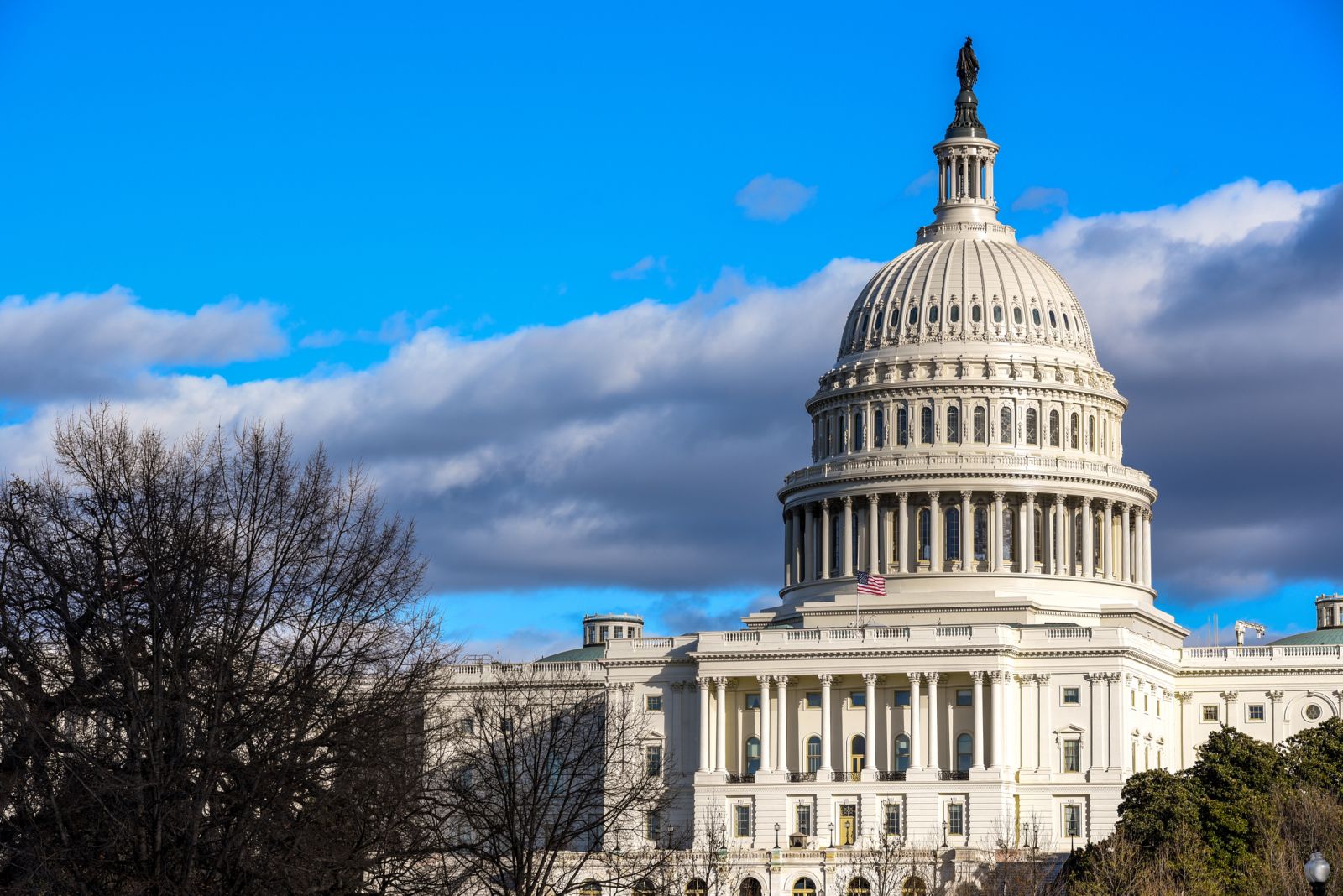
Fitch Ratings late Wednesday placed the United States ‘AAA’ long-term foreign-currency issuer default rating (IDR) on rating watch negative. Fitch said the watch negative reflects increased political partisanship that is hindering reaching a resolution to raise or suspend the debt limit despite the fast-approaching date when the U.S. Treasury exhausts its cash position and capacity for extraordinary measures without incurring new debt.
The U.S. reached its $31.4 trillion debt limit in January, and the Treasury began taking extraordinary measures to avoid breaching the ceiling. U.S. Treasury Secretary Yellen stated that these extraordinary measures could be exhausted as early as June 1, 2023. In the view of Fitch Ratings, the failure to reach a deal to raise or suspend the debt limit by then would be a negative signal of the broader governance and willingness of the U.S. to honor its obligations in a timely manner, which would be unlikely to be consistent with a ‘AAA’ rating.
Back in 2011, S&P Global Ratings downgraded the U.S. from an AAA rating after a similar brush with default. T. Rowe Price said, “The worst-case scenario would be if the showdown leads to the government missing a debt payment for the first time, which might result in a widespread or lasting downgrade to the credit rating of U.S. Treasuries. So many assets are priced in direct relation to Treasuries that the turbulence from a more pronounced downgrade would be felt in markets worldwide.”
JPMorgan Chase and Morgan Stanley have warned that the ongoing debt ceiling impasse threatens the outlook for equity markets. Also, PGIM believes the debt-limit saga could happen on a continuous basis, saying “the Congressional disruption in Washington D.C. is not going away anytime soon.”
Fitch Ratings said a failure leading to a debt default would lead them to cut affected U.S. debt securities to a ‘D’ rating, with others downgraded to ’CCC’ and ‘C.’ A “D” rating is defined by Fitch as “an issuer that has entered into bankruptcy filings, administration, receivership, liquidation or other formal winding-up procedure or that has otherwise ceased business.” The ratings changes might force some institutional investors to sell Treasury securities that are no longer within their rating-based investment mandates.
Mizuho Bank Ltd. in Singapore said the Fitch Ratings warning is “certainly very symbolic, and it may force Moody’s Investors Service to follow suit. It will also place more scrutiny on the dollar and Treasuries as havens and their risk-free rate qualities.”
However, Moody’s Investors Service said it was “hearing the right things out of Washington” and has kept the AAA rating of the U.S. intact throughout the negotiations, believing Congress will strike a deal at the last minute when the pressure becomes big enough to force negotiators to make painful choices.
On the date of publication, Rich Asplund did not have (either directly or indirectly) positions in any of the securities mentioned in this article. All information and data in this article is solely for informational purposes. For more information please view the Barchart Disclosure Policy here.






